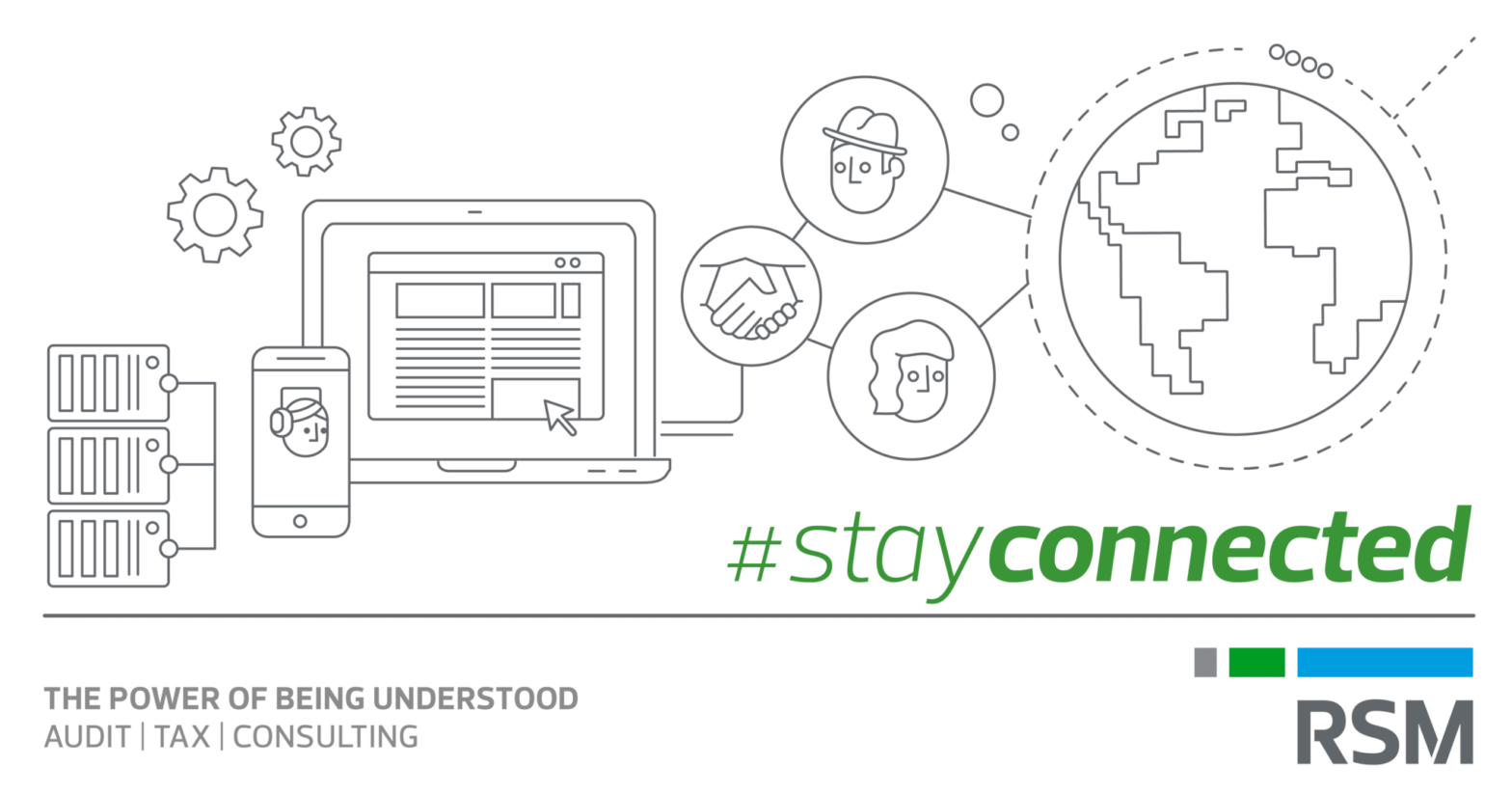The spread of the COVID-19 virus has impacted both people and businesses significantly across the globe. It has changed both employee behavior and attitude towards office work. When office workers were first allowed back into the workplace following the first virus wave, a shift in perception became apparent as they realized the benefits of working remotely not least of all the flexibility.
Working remotely is part of the new normal, but it may not have long-term possibilities for some companies. However, a hybrid work model could be a possible solution. Companies are now adopting a hybrid work model that combines aspects of working from home and in-office working. Many office workers appear to prefer a hybrid model, but they also seem to value the office as the best place to connect, collaborate, and socialize with colleagues at least when it is safe again.
Hybrid work models that are managed effectively allow organizations to better recruit talent, define a future of work style that is more flexible and promote digitalization & innovation. Well thought out and planned hybrid models are more likely to achieve positive impacts on creativity, better relationships, increased productivity, clearer communication, and successful problem solving. Additionally, hybrid models arguably improve employee’s work-life balance, lead to cost savings on rentals & office supplies, and also contribute to reductions in carbon emissions positively impacting the environment because less employees are traveling to work.
As companies look to ways for a better future by adopting the new normal, they need to determine and identify new technology solutions and new workplace practices that support new ways of working that will provide improvements for their employees.
“Should you require any further information or assistance regarding the contents of this publication, please do not hesitate to contact me on Suthida.Boonmacharoen@rsmthailand.com”

